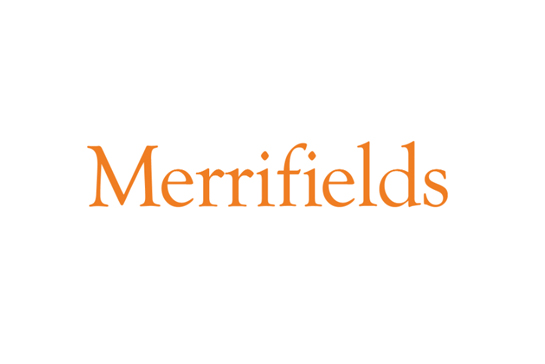
VAT on Commercial Property
01/04/2018
VAT on commercial property
VAT in connection with commercial property is a complex area. There is a lot to consider and there is a substantial amount of case law to draw upon. Below is a brief summary of some of the matters to be aware of if you are purchasing or leasing commercial property.
In general, there are four main issues to think about for VAT purposes:
1. VAT exempt
The sale or lease of a commercial property is generally exempt from VAT. If so, the purchaser or tenant does not have to pay VAT. That may be very good overall, however, when a vendor or landlord makes an exempt supply of a property, they are unable to recover VAT incurred on related costs. These can be significant.
2. Opt to Tax
Commercial property owners can opt to charge VAT at the standard rate (currently 20%) when selling or leasing their property. When a vendor or landlord opts to tax a property, they must usually charge VAT on all supplies they make relating to that property. Therefore, they must charge VAT on the sale or rentals. However, the landlord can also recover VAT charged to them on costs related to the property. Opting to tax can provide a real advantage in the right circumstances, for example, where substantial refurbishment costs may have been incurred.
Opting to tax is not always appropriate as some businesses are unable to recover VAT incurred on costs. These are VAT adverse businesses and include businesses in financial, insurance, health, welfare and charitable sectors. Therefore, consideration of the market sector of potential purchasers or tenants is essential before a decision is taken to opt to tax.
An option to tax must be notified to HMRC in writing. It is almost irrevocable and is only revocable in very few circumstances. Making the right long term decision is obviously critical.
The option does not follow the property and the next purchaser or tenant will need to make their own option depending on their individual circumstances. Consequently, at the time of considering the purchase or rental of a commercial property, opting to tax should be considered carefully.
3. Transfer of Going Concern
The third issue is if there is a Transfer of Going Concern (TOGC). Where an opted property is sold with tenants in place or with the benefit of an existing lease, the vendor would normally be required to charge VAT at the standard rate. However, if the prospective owner intends to continue to let the property to the tenants then, subject to certain conditions, the transfer is a TOGC and no VAT is charged on the purchase price. This is clearly attractive for most buyers in these circumstances.
4. Sale of ‘new’ Commercial Property
The fourth issue is the sale of ‘new’ commercial property. Such will be liable to VAT at the standard rate. A property is ‘new’ for these purposes if it is less than three years old. A purchaser of new commercial property to rent out is likely to choose an opt to tax in order to be able to recover the VAT charged on acquisition. Once opted, they will be required to charge and account for VAT on the rents going forward and on a future sale of the property, unless it qualifies as a TOGC.
With increasing property values and punitive HMRC penalties in the case of non compliance, VAT mistakes can be very expensive. Getting the appropriate advice at the outset is important.